15 Foods That Experts Warn Are The Worst for Your Cholesterol
Maintaining healthy cholesterol levels is essential for heart health and overall well-being. Some foods can significantly impact your cholesterol levels, increasing the risk of heart disease and other health issues.
Experts highlight these foods as particularly problematic for cholesterol. Understanding which foods to avoid can help you make better dietary choices and improve your heart health. Here are 15 foods that experts recommend limiting or avoiding to manage your cholesterol effectively.
Fried Foods

Fried foods, such as French fries and fried chicken, are notorious for being high in trans fats and saturated fats. These unhealthy fats can significantly raise your LDL (bad) cholesterol while lowering your HDL (good) cholesterol.
Regular consumption of fried foods can contribute to a buildup of plaque in your arteries, increasing the risk of heart disease. Opting for baked, grilled, or steamed alternatives can help reduce your intake of unhealthy fats. By making this simple switch, you can better manage your cholesterol levels and support heart health.
Red Meat
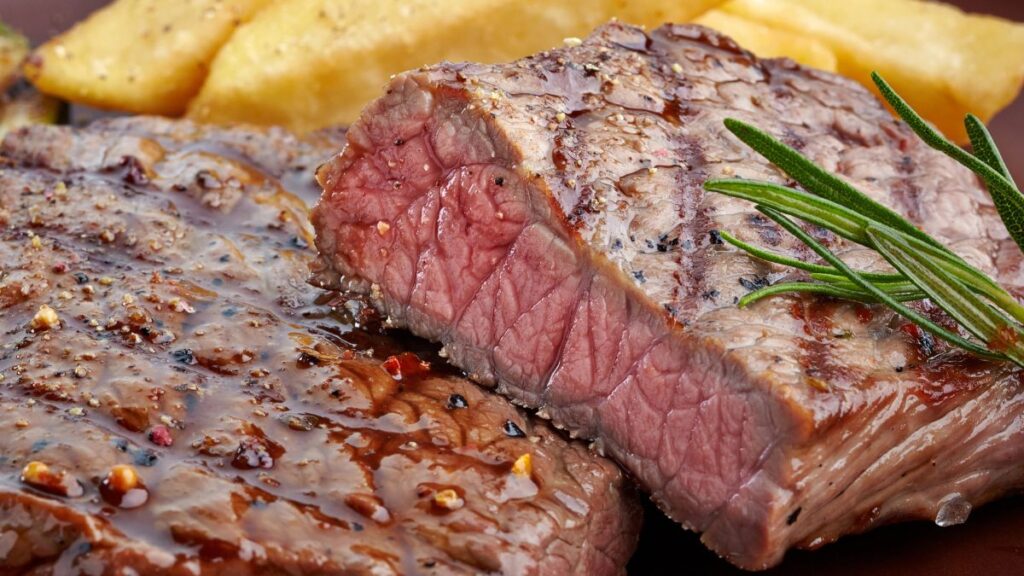
Red meats, including beef, lamb, and pork, are often high in saturated fats, which can elevate LDL cholesterol levels. Regularly consuming large amounts of red meat can lead to higher cholesterol levels and increase the risk of heart disease.
To manage cholesterol levels, consider reducing your intake of red meat and opting for leaner cuts when you do eat it. Incorporating more poultry, fish, or plant-based proteins into your diet can provide healthier alternatives. By making these changes, you can support better heart health and cholesterol management.
Processed Meats
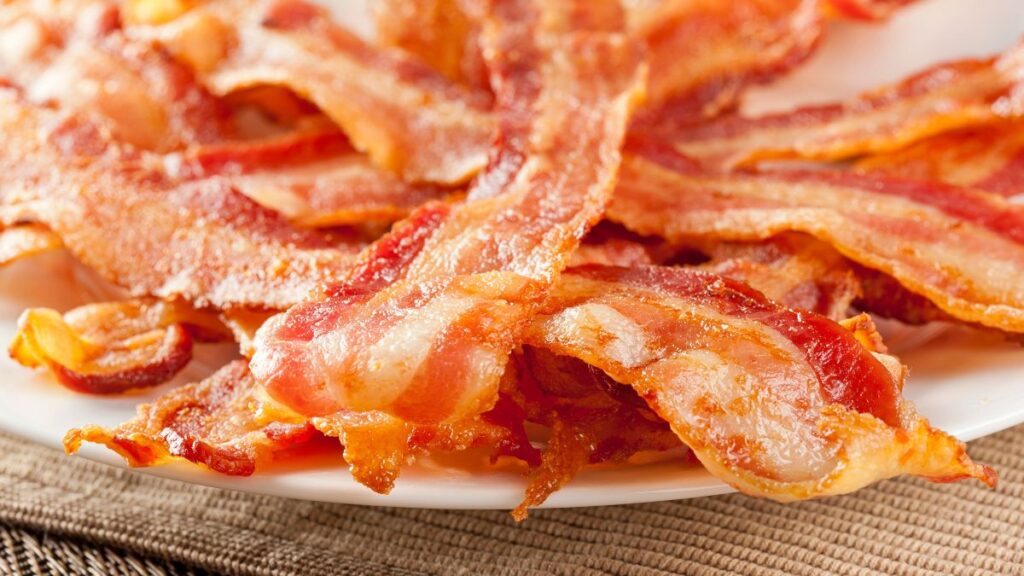
Processed meats like bacon, sausages, and hot dogs are high in unhealthy fats and sodium. Their high saturated fat content can contribute to elevated cholesterol levels and increased heart disease risk.
The sodium in processed meats can lead to high blood pressure, compounding heart health issues. Opting for fresh, unprocessed meats or plant-based alternatives can help reduce your intake of these harmful fats. Cutting back on processed meats can be a significant step toward improving your cholesterol and overall health.
Full-Fat Dairy Products

Full-fat dairy products, such as whole milk, cheese, and butter, are rich in saturated fats that can raise LDL cholesterol levels. Consuming these products regularly can contribute to higher cholesterol and increased heart disease risk.
Switching to low-fat or fat-free dairy options can help manage cholesterol levels without sacrificing taste. Additionally, incorporating plant-based milk alternatives, like almond or soy milk, can provide healthier choices. By making these adjustments, you can better control your cholesterol levels and support heart health.
Baked Goods
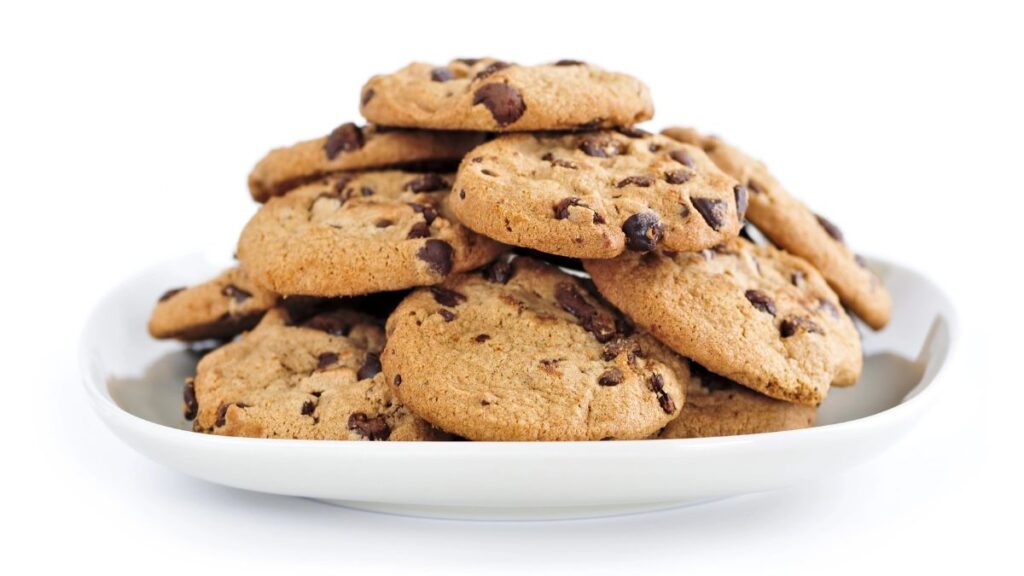
Many baked goods, including pastries, cakes, and cookies, are made with butter or shortening, which are high in trans fats. These fats can raise LDL cholesterol and lower HDL cholesterol, negatively impacting heart health.
Baked goods often contain added sugars and refined flours, which can contribute to weight gain and higher cholesterol levels. Choosing healthier baking options, such as recipes using healthier fats or whole grains, can help mitigate these effects. Reducing your consumption of baked goods can be beneficial for maintaining healthy cholesterol levels.
Snack Foods

Packaged snack foods, such as chips and microwave popcorn, often contain unhealthy fats and high levels of sodium. These ingredients can contribute to elevated cholesterol levels and increase heart disease risk.
Many snack foods are also high in refined sugars and low in nutrients, further exacerbating health issues. Opting for healthier snacks, like fresh fruits, nuts, or yogurt, can provide better nutritional value and help manage cholesterol levels. Being mindful of snack choices supports overall heart health and cholesterol management.
Cream-Based Sauces
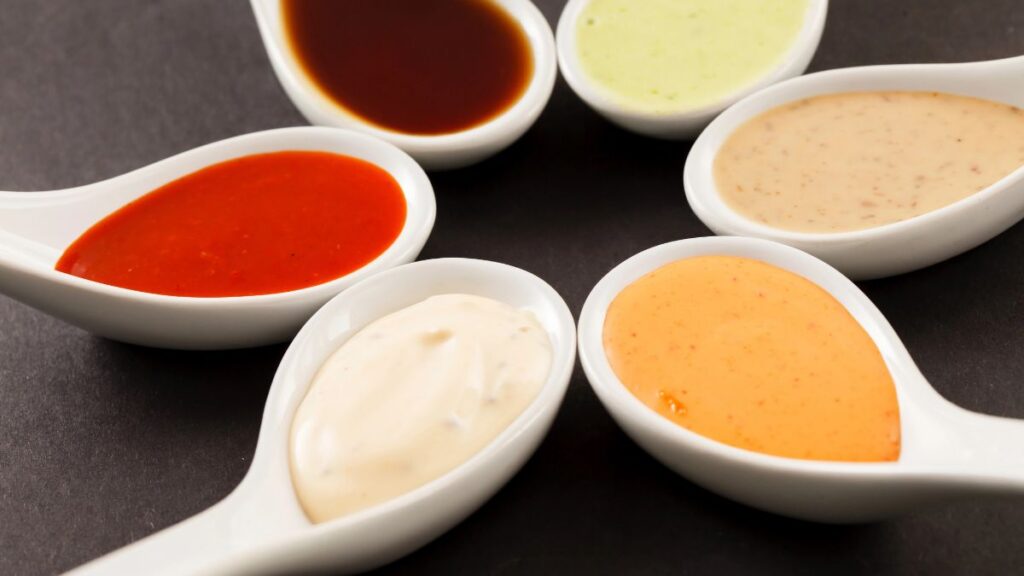
Cream-based sauces and dressings are rich in saturated fats and calories. The cream used in these sauces contributes to higher LDL cholesterol levels and can lead to weight gain. Additionally, these sauces often contain added sugars and sodium, further impacting heart health.
Choosing vinegar-based dressings or making sauces with healthier ingredients, such as olive oil, can help reduce these negative effects. By making these changes, you can support better cholesterol levels and enjoy healthier meals.
Ice Cream
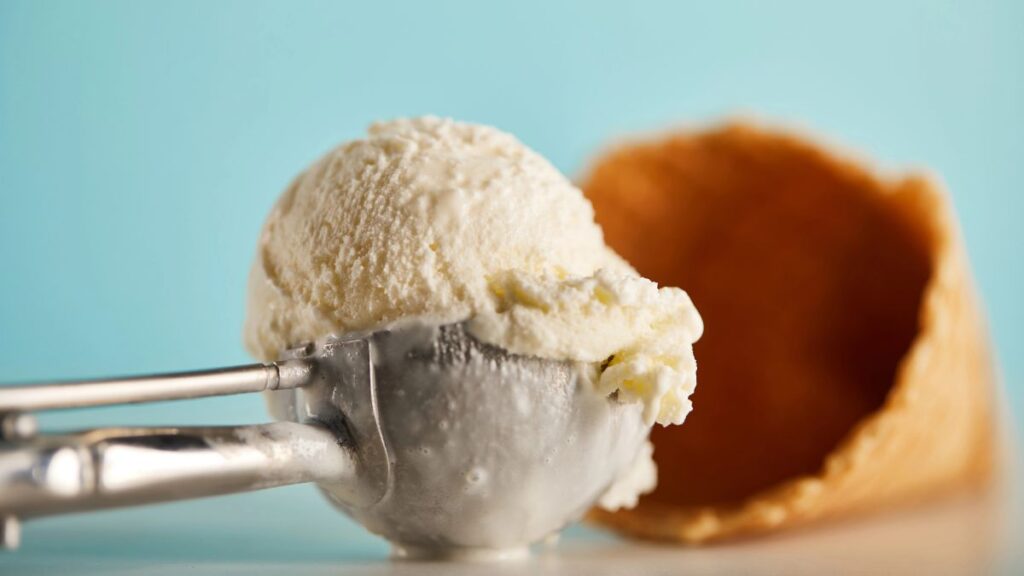
Ice cream is a popular treat that is high in saturated fats and added sugars. Regular consumption of ice cream can lead to weight gain and increased cholesterol levels, both of which can contribute to heart disease.
While it’s fine to enjoy ice cream occasionally, opting for lower-fat or dairy-free frozen dessert alternatives can be a healthier choice. Reducing your intake of high-sugar, high-fat treats can help maintain healthier cholesterol levels and support overall health.
Butter and Margarine
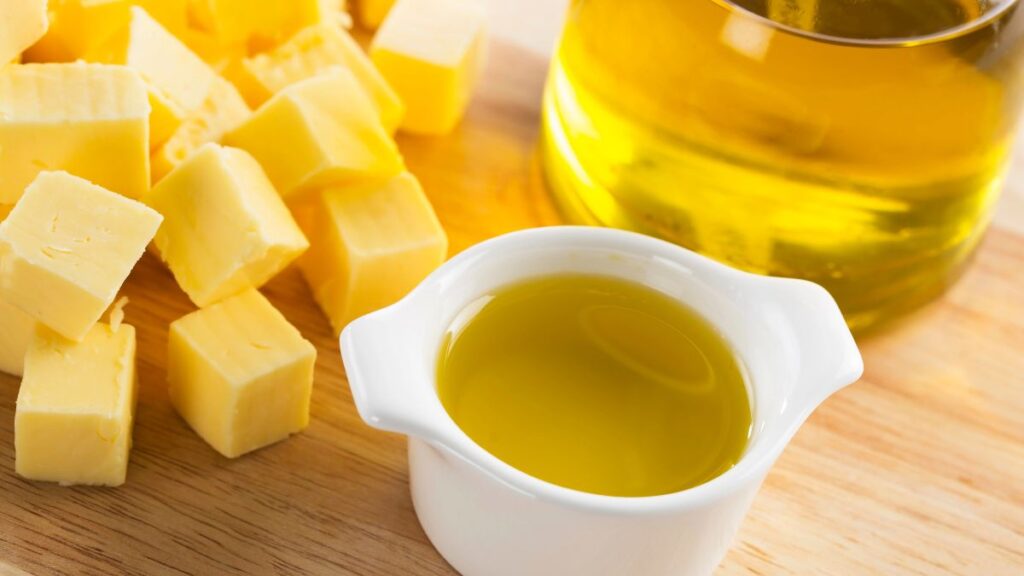
Butter and margarine are high in saturated and trans fats, both of which can raise LDL cholesterol levels. These fats contribute to the buildup of plaque in arteries, increasing the risk of heart disease.
Using healthier alternatives, such as olive oil or avocado oil, for cooking and baking can help reduce your intake of harmful fats. By making this switch, you can better manage your cholesterol levels and support heart health. Reducing or eliminating butter and margarine from your diet is a positive step toward healthier eating.
Sugary Cereals

Many sugary cereals are high in added sugars and low in fiber, which can contribute to weight gain and elevated cholesterol levels. The sugar content in these cereals can lead to insulin resistance and increased cholesterol.
Choosing whole-grain cereals with minimal added sugar can provide better nutritional value and support healthier cholesterol levels. Being mindful of your cereal choices can have a positive impact on your overall health and cholesterol management.
Pizza

Pizza, especially with extra cheese and processed meats, can be high in saturated fats, sodium, and calories. These ingredients can contribute to higher cholesterol levels and increased risk of heart disease.
Opting for healthier pizza options, such as those with vegetable toppings and whole-grain crusts, can provide a more balanced meal. Limiting pizza consumption or making healthier homemade versions can support better cholesterol levels and overall health.
Granola Bars
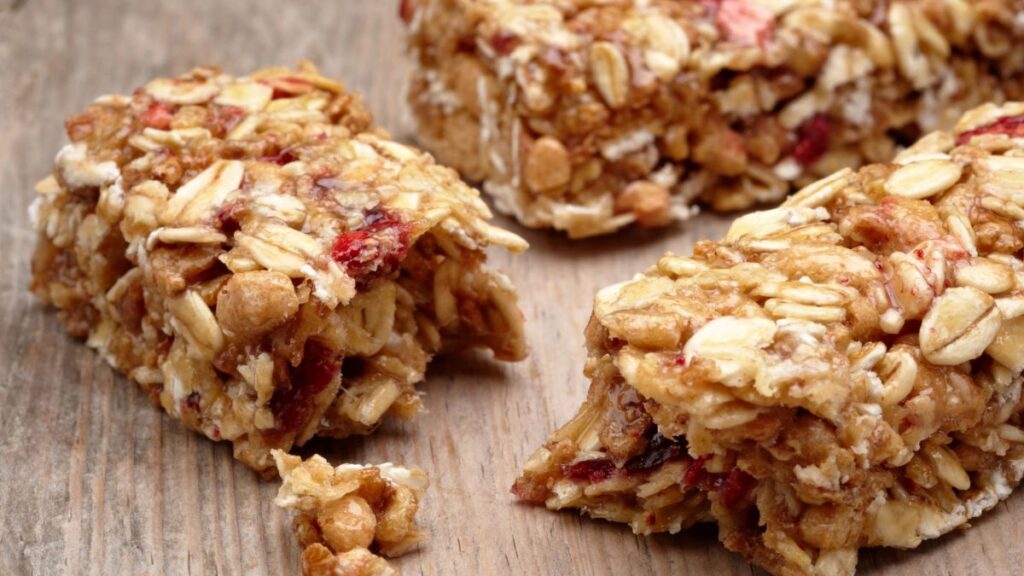
Many granola bars contain added sugars and unhealthy fats, which can negatively impact cholesterol levels. While granola bars may seem like a convenient and healthy snack, the sugar and fat content can contribute to higher cholesterol and weight gain.
Choosing granola bars with whole grains, minimal added sugars, or making your own at home can provide healthier options. Being selective about granola bars can help manage cholesterol levels and support overall health.
Doughnuts
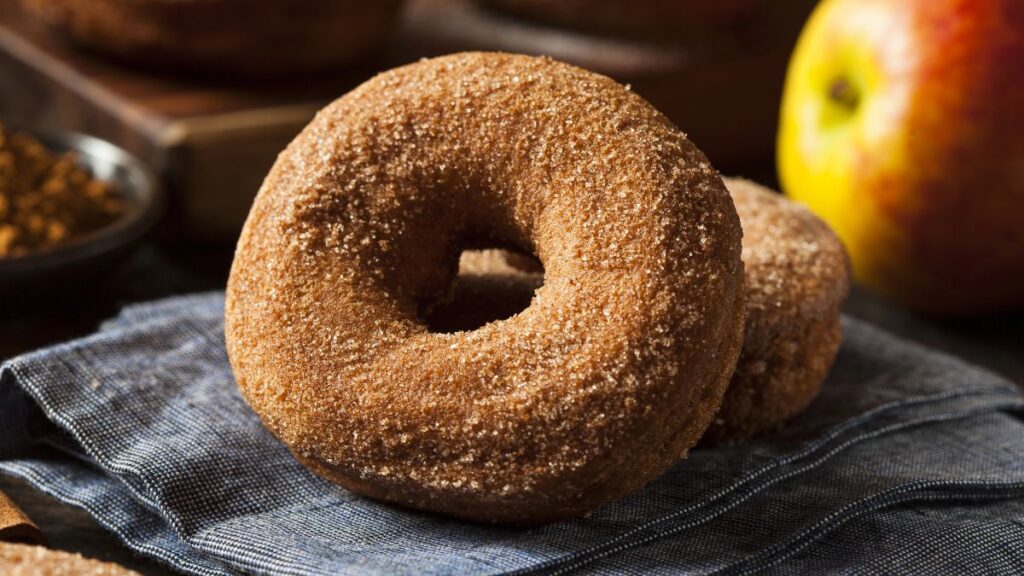
Doughnuts are high in trans fats, sugars, and calories, which can elevate LDL cholesterol and increase heart disease risk. The high fat and sugar content in doughnuts can lead to weight gain and poor cholesterol levels.
Reducing or eliminating doughnut consumption can help maintain healthier cholesterol levels and support better heart health. Opting for healthier breakfast or snack alternatives, such as fruit or whole-grain options, can be beneficial.
Potato Chips

Potato chips are often fried in unhealthy oils and contain high levels of sodium. The unhealthy fats and sodium in potato chips can raise LDL cholesterol and contribute to high blood pressure.
Choosing baked chips or healthier snack alternatives, like fresh vegetables or nuts, can provide better nutritional value. Reducing your intake of potato chips can support healthier cholesterol levels and overall well-being.
Fast Food

Fast food is typically high in unhealthy fats, sugars, and sodium, which can negatively impact cholesterol levels and overall health. Regular consumption of fast food can lead to elevated cholesterol levels, weight gain, and increased heart disease risk.
Opting for homemade meals with fresh ingredients and healthier cooking methods can provide better nutritional value. Reducing fast food intake and making mindful dietary choices supports better cholesterol management and overall health.
15 Foods Only The Wealthy and Elite Can Eat Now

Culinary trends are constantly evolving, and some foods have become more than just sustenance—they’ve become status symbols reserved for the elite.
15 Foods Only The Wealthy and Elite Can Eat Now
15 Practical Ways to Save Money During Retirement

Entering retirement doesn’t have to mean giving up a comfortable lifestyle. With strategic planning and simple adjustments, it’s possible to make the most of your retirement income and enjoy a financially secure life.







